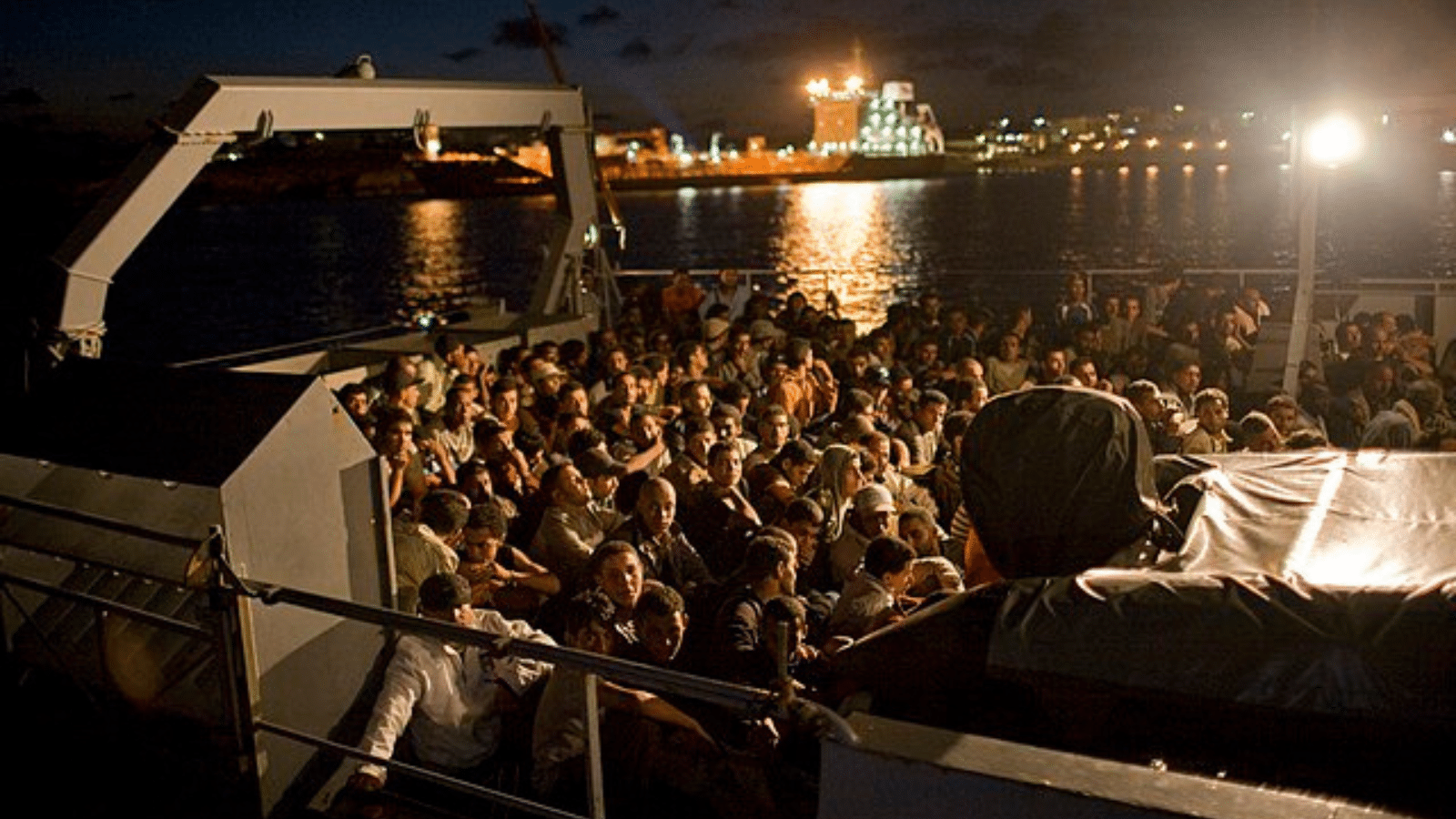 In this new article for the Journal of Borderlands Studies, NCHS Director, Antonio De Lauri (Research Professor, Chr. Michelsen Institute) and Čarna Brković (Professor, University of Mainz) compare the Mediterranean and the Balkan routes of migration into the European Union (EU), exploring the (in)visibility and (un)knowability of the management of European borderlands.
In this new article for the Journal of Borderlands Studies, NCHS Director, Antonio De Lauri (Research Professor, Chr. Michelsen Institute) and Čarna Brković (Professor, University of Mainz) compare the Mediterranean and the Balkan routes of migration into the European Union (EU), exploring the (in)visibility and (un)knowability of the management of European borderlands.
The article offers a historical overview of the hotspot approach in the Mediterranean, where securitarian concerns merged with humanitarian affects, making certain practices and subjectivities possible, but foreclosing others. De Lauri and Brkovic argue Lampedusa, Italy, has been turned into a stage where “humanitarian theatre” performed for European audiences has become a crucial aspect of border management.
The strategy of EU border management has been different in the Balkans, where the use of violence has been concealed with a veil of official denial. Instead of a humanitarian theatre, in the Balkans we can find stories of border terror, official denial of such violence, and competing claims to knowledge about it. This official denial has kept “Europe” as a political community simultaneously implicated in and innocent of the use of violence in border management.
Despite their differences, the key functions of the EU border regime have been the same in these two regions. The comparative perspective illustrates the different strategies the European border regime uses to manage the perceived “crisis” of migration, while simultaneously keeping the liberal space of Europe “safe.”
Access the article “The Humanitarian Theatre in the Mediterranean and the Threat of Violence in the Balkans” here.
